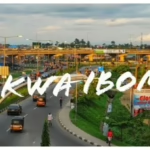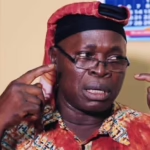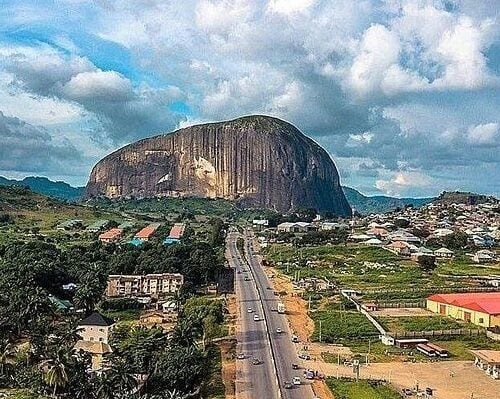Edi Lawani, a renowned culture specialist and director of the Órüpézá Festival, has emphasized the crucial role that cultural celebrations play in Nigeria’s development and tourism growth.
In a recent announcement in Lagos unveiling Freedom Party Week 2025, Lawani described cultural festivities as vital investments in the nation’s future.
He stressed the importance of leveraging the legacy of cultural tourism, highlighting that festivals serve not only as preservers of heritage but also as powerful drivers of economic growth and tourism enhancement.
“In the context of Nigeria’s evolving cultural diplomacy and soft power strategies, the Órüpézá Festival stands out as a pioneering example,” Lawani remarked.
“Festivals transcend mere entertainment; they are living archives of collective memory, identity, and ambition,” he added.
Freedom Party Week 2025, scheduled from September 28 to October 1, aims to establish Lagos as a vibrant nexus where traditional heritage and modern creativity engage in meaningful exchange, according to Lawani.
Reflecting on the 2024 event, he recalled how Freedom Park was transformed into a vibrant mosaic of music, colors, and dialogue.
“With over 15,000 attendees, the festival solidified its position as a cultural marketplace where age-old traditions meet innovative expressions,” he noted.
Beyond the diverse offerings of music, art, and cuisine, the 2024 festival demonstrated a larger truth: festivals are essential platforms for cultural diplomacy and tourism, shaping both community self-perception and global image.
Lawani pointed out the symbolic significance of Freedom Park as the festival’s central venue.
“Once a colonial-era prison, Freedom Park has been reborn as a sanctuary for remembrance and artistic expression, symbolizing transformation,” he explained.
“This partnership is intentional. The Órüpézá Festival captures the essence of Freedom Park by turning history into a celebration of resilience, liberty, and identity.”
What sets Órüpézá apart, Lawani said, is its dedication to cultural freedom-a philosophy that rejects viewing heritage as unchanging.
Instead, the festival champions the idea that tradition can harmonize with contemporary trends and that historical narratives can inspire modern creativity.
The upcoming Freedom Party Week will showcase a rich program including cultural parades, fashion events, live music, film screenings, intellectual discussions, and a curated market featuring artisans and culinary innovators.
“Órüpézá is more than a festival; it is a reclamation of stories, affirming that African culture is vibrant, youthful, and resonates worldwide,” Lawani stated.
“Freedom Party Week 2025 expands this vision by inviting communities to celebrate, critically engage with, and reimagine culture collectively.”
Lawani anticipates that the 2025 Órüpézá Festival will attract over 20,000 attendees, ranging from local culture enthusiasts to international visitors.
“For Lagos, this represents both a significant economic opportunity and a cultural hallmark, reinforcing the city’s status as a creative powerhouse,” he concluded.
“For the public, it serves as a powerful reminder that festivals are dynamic stages where identity is shaped and freedom is expressed.”

















